Rachel Ehrenberg
Previously the interdisciplinary sciences and chemistry reporter and author of the Culture Beaker blog, Rachel has written about new explosives, the perils and promise of 3-D printing and how to detect corruption in networks of email correspondence. Rachel was a 2013-2014 Knight Science Journalism fellow at MIT. She has degrees in botany and political science from the University of Vermont and a master’s in evolutionary biology from the University of Michigan. She graduated from the science writing program at the University of California, Santa Cruz.

Trustworthy journalism comes at a price.
Scientists and journalists share a core belief in questioning, observing and verifying to reach the truth. Science News reports on crucial research and discovery across science disciplines. We need your financial support to make it happen – every contribution makes a difference.
All Stories by Rachel Ehrenberg
-
 Health & Medicine
Health & MedicineDrinking studies muddied the waters around the safety of alcohol use
Studies claiming that alcohol in even small amounts is dangerous weren’t designed to address risks of moderate drinking.
-
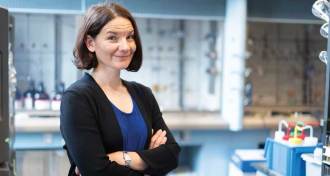 Life
LifeEmily Balskus uses chemical logic to study the microbiome
Using chemistry to peer at the microbial world, Emily Balskus is revealing how microbes influence human health.
-
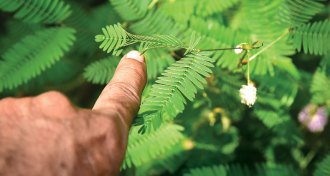 Plants
PlantsSmart plants can teach us a thing or two
‘The Revolutionary Genius of Plants’ challenges the brain-centered view of intelligence.
-
 Health & Medicine
Health & MedicineHow to help your toddler be helpful (with caveats)
Even very young toddlers like to help, a social skill that’s linked to later success in school and life.
-
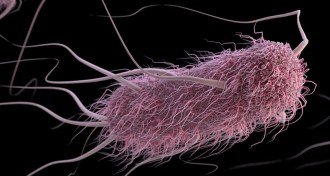 Life
LifeYour blood type might make you more likely to get traveler’s diarrhea
People with type A blood are more likely to develop severe diarrhea from E. coli infections.
-
 Health & Medicine
Health & MedicineIs it an invasion of your kids’ privacy to post pictures of them on social media?
Growing up in an online world doesn’t mean that kids don’t care about privacy. Parents should keep this in mind when posting pictures of their kids to social media.
-
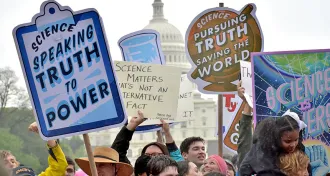 Science & Society
Science & SocietyAn antiscience political climate is driving scientists to run for office
Hoping to inject evidence-based science into policy, more scientists are putting their name on the ballot.
-
 Environment
EnvironmentMicroplastics may enter freshwater and soil via compost
Compost is pinpointed as a source of plastic pollution, but environmental fate and effects unknown.
-
 Neuroscience
NeuroscienceBrain waves of concertgoers sync up at shows
During a live musical performance, audience members’ brain waves get in sync.
-
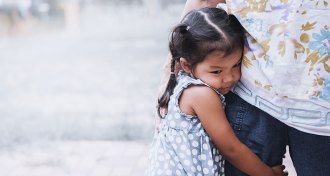 Neuroscience
NeuroscienceParents’ presence promotes a child’s pluck
Parents’ presence or absence during a learning exercise determines whether their child is fearful later, or willing to explore.
-
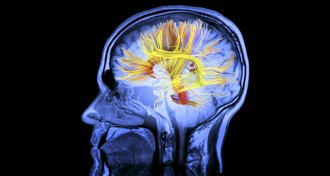 Neuroscience
NeuroscienceWhen tickling the brain to stimulate memory, location matters
Conflicting results regarding the benefits of brain stimulation may be explained by the precise location of electrodes.
-
 Science & Society
Science & SocietyWhat we do and don’t know about how to prevent gun violence
Background checks work to prevent gun violence; concealed carry and stand-your-ground laws don’t. But lack of data makes it hard to make other links.